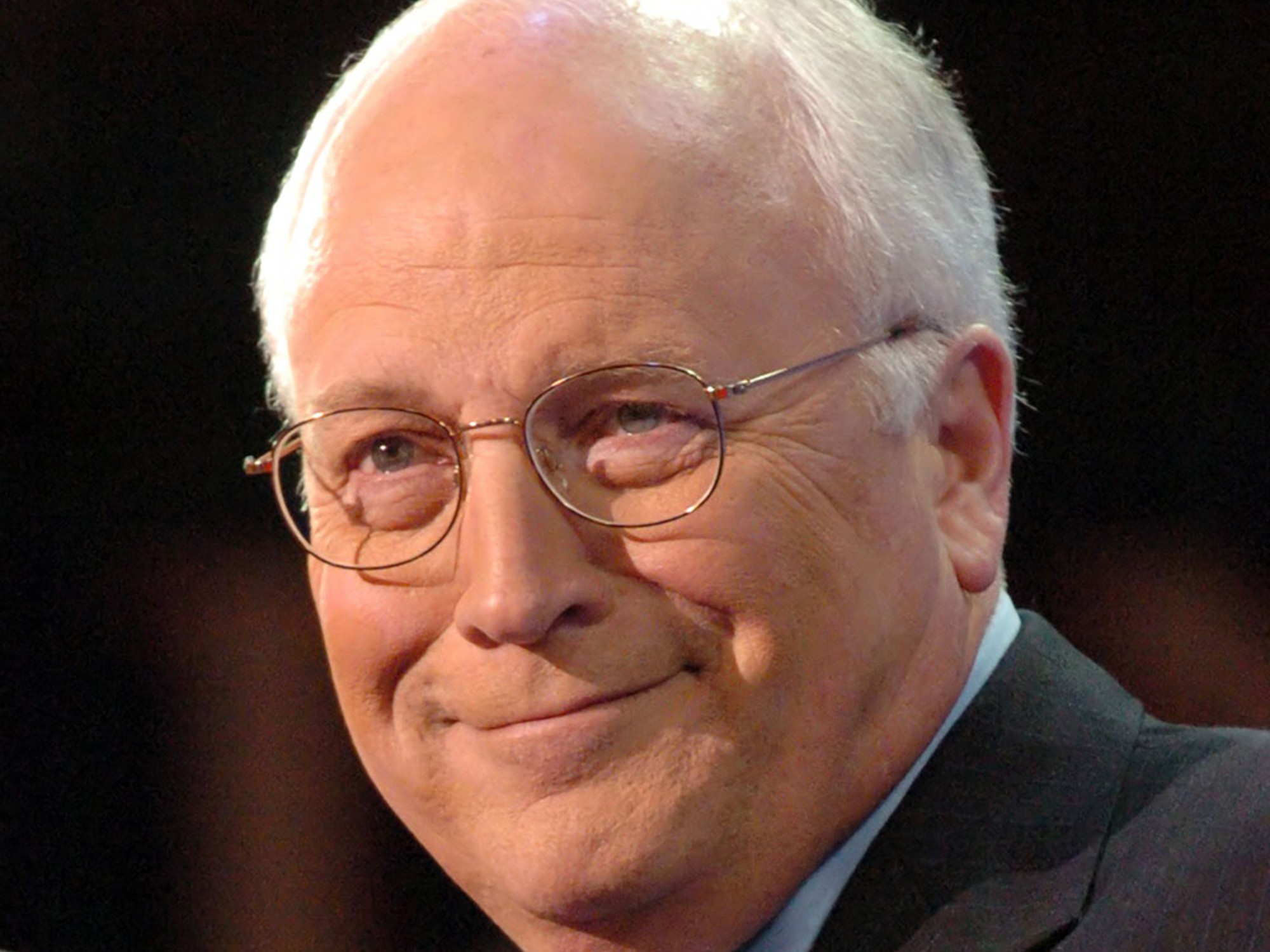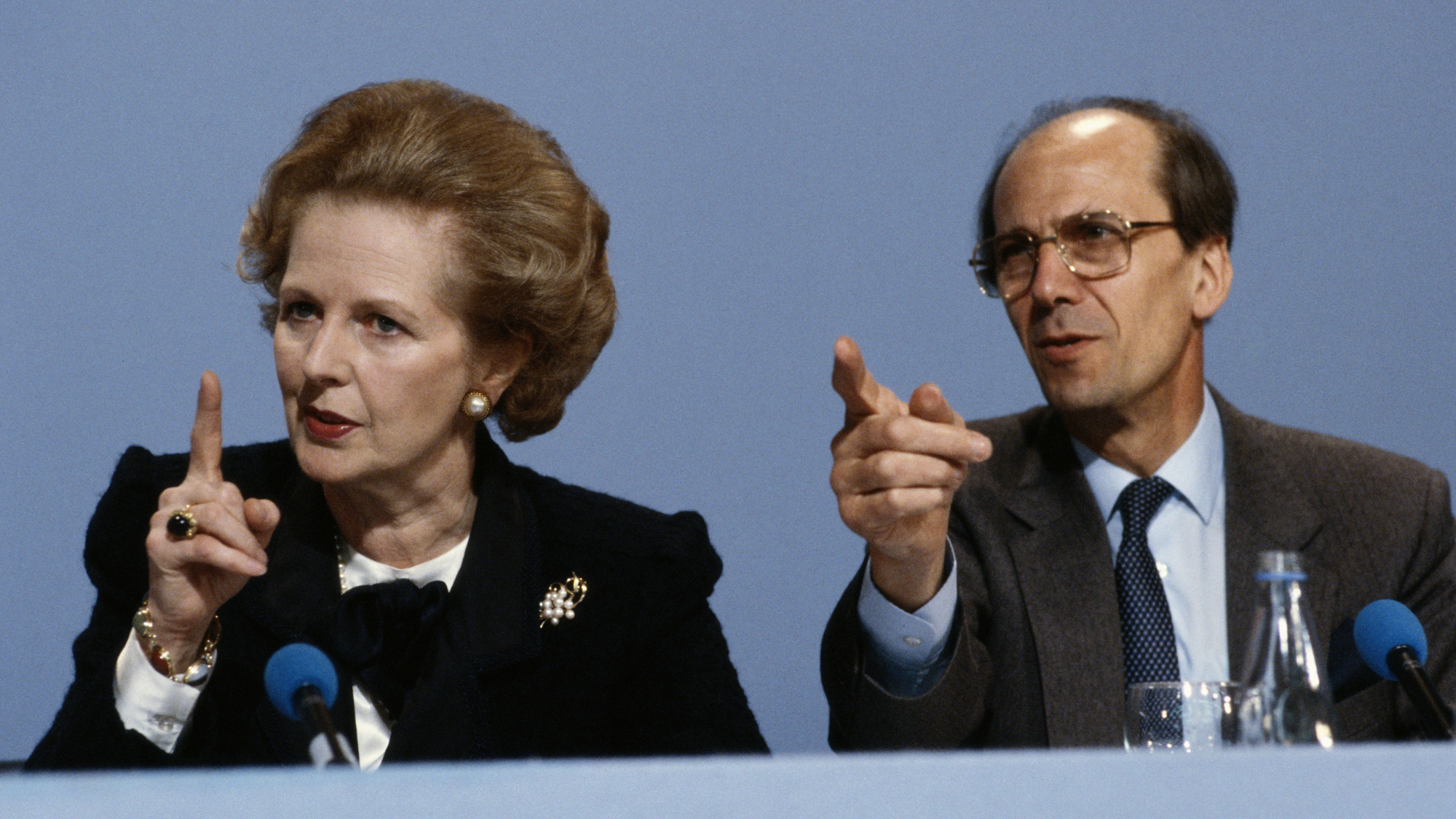James Schlesinger, 1929–2014
The headstrong aide who served three presidents
A free daily email with the biggest news stories of the day – and the best features from TheWeek.com
You are now subscribed
Your newsletter sign-up was successful
James Schlesinger was by all accounts an aloof, abrasive, and often arrogant man. But those characteristics made him a valued aide to Presidents Nixon, Ford, and Carter. As head of the CIA, secretary of defense, and the nation’s first secretary of energy, the rugged, pipe-smoking Schlesinger earned a reputation as an effective infighter who could implement unpopular policies with little concern for how others viewed him. When he was appointed CIA director in 1973, Nixon ordered him to slash the spy agency’s workforce. Schlesinger forced out 10 percent of the agency’s 40,000 employees in just three months. When one subordinate called the mass firings ruthless, Schlesinger responded, “Ruthless? I’m just trying to clear the aisle so I can walk.”
Born in New York City, the Harvard-educated economist joined the Nixon administration in 1969 as an obscure budget official, but “drew the president’s attention by challenging a Pentagon weapons proposal in his presence,” said The New York Times. In 1971, Nixon appointed him chairman of the Atomic Energy Commission, and two years later he was named CIA director. At the CIA, he was outraged to discover that agents, who are barred from spying on Americans, had carried out domestic break-ins for the White House. Schlesinger ordered an investigation, but the inquiry had barely started when Nixon made him secretary of defense. “He became a forceful advocate for boosting defense spending in the post–Vietnam War period,” said the Los Angeles Times, but was fired in 1975 after repeatedly clashing with President Ford.
Schlesinger returned to government two years later as head of President Carter’s newly created Department of Energy. It was a cursed position: When gas prices soared following Iran’s Islamic Revolution in 1979, the unsympathetic Schlesinger “became a symbol” of the crisis, said The Washington Post, and was soon forced from office. In later years, Schlesinger came to realize that his prickly personality might have hampered his career. “I tended to be too self-righteous, a quibbler, stubborn, too,” he told historian Walter Isaacson. “It took me a while to understand how hard I must have been to deal with.”
The Week
Escape your echo chamber. Get the facts behind the news, plus analysis from multiple perspectives.

Sign up for The Week's Free Newsletters
From our morning news briefing to a weekly Good News Newsletter, get the best of The Week delivered directly to your inbox.
From our morning news briefing to a weekly Good News Newsletter, get the best of The Week delivered directly to your inbox.
A free daily email with the biggest news stories of the day – and the best features from TheWeek.com
-
 Corruption: The spy sheikh and the president
Corruption: The spy sheikh and the presidentFeature Trump is at the center of another scandal
-
 Putin’s shadow war
Putin’s shadow warFeature The Kremlin is waging a campaign of sabotage and subversion against Ukraine’s allies in the West
-
 Media: Why did Bezos gut ‘The Washington Post’?
Media: Why did Bezos gut ‘The Washington Post’?Feature Possibilities include to curry favor with Trump or to try to end financial losses
-
 The billionaires’ wealth tax: a catastrophe for California?
The billionaires’ wealth tax: a catastrophe for California?Talking Point Peter Thiel and Larry Page preparing to change state residency
-
 Bari Weiss’ ‘60 Minutes’ scandal is about more than one report
Bari Weiss’ ‘60 Minutes’ scandal is about more than one reportIN THE SPOTLIGHT By blocking an approved segment on a controversial prison holding US deportees in El Salvador, the editor-in-chief of CBS News has become the main story
-
 Dick Cheney: the vice president who led the War on Terror
Dick Cheney: the vice president who led the War on Terrorfeature Cheney died this month at the age of 84
-
 Has Zohran Mamdani shown the Democrats how to win again?
Has Zohran Mamdani shown the Democrats how to win again?Today’s Big Question New York City mayoral election touted as victory for left-wing populists but moderate centrist wins elsewhere present more complex path for Democratic Party
-
 Millions turn out for anti-Trump ‘No Kings’ rallies
Millions turn out for anti-Trump ‘No Kings’ ralliesSpeed Read An estimated 7 million people participated, 2 million more than at the first ‘No Kings’ protest in June
-
 Ghislaine Maxwell: angling for a Trump pardon
Ghislaine Maxwell: angling for a Trump pardonTalking Point Convicted sex trafficker's testimony could shed new light on president's links to Jeffrey Epstein
-
 Norman Tebbit: fearsome politician who served as Thatcher's enforcer
Norman Tebbit: fearsome politician who served as Thatcher's enforcerIn the Spotlight Former Conservative Party chair has died aged 94
-
 The last words and final moments of 40 presidents
The last words and final moments of 40 presidentsThe Explainer Some are eloquent quotes worthy of the holders of the highest office in the nation, and others... aren't